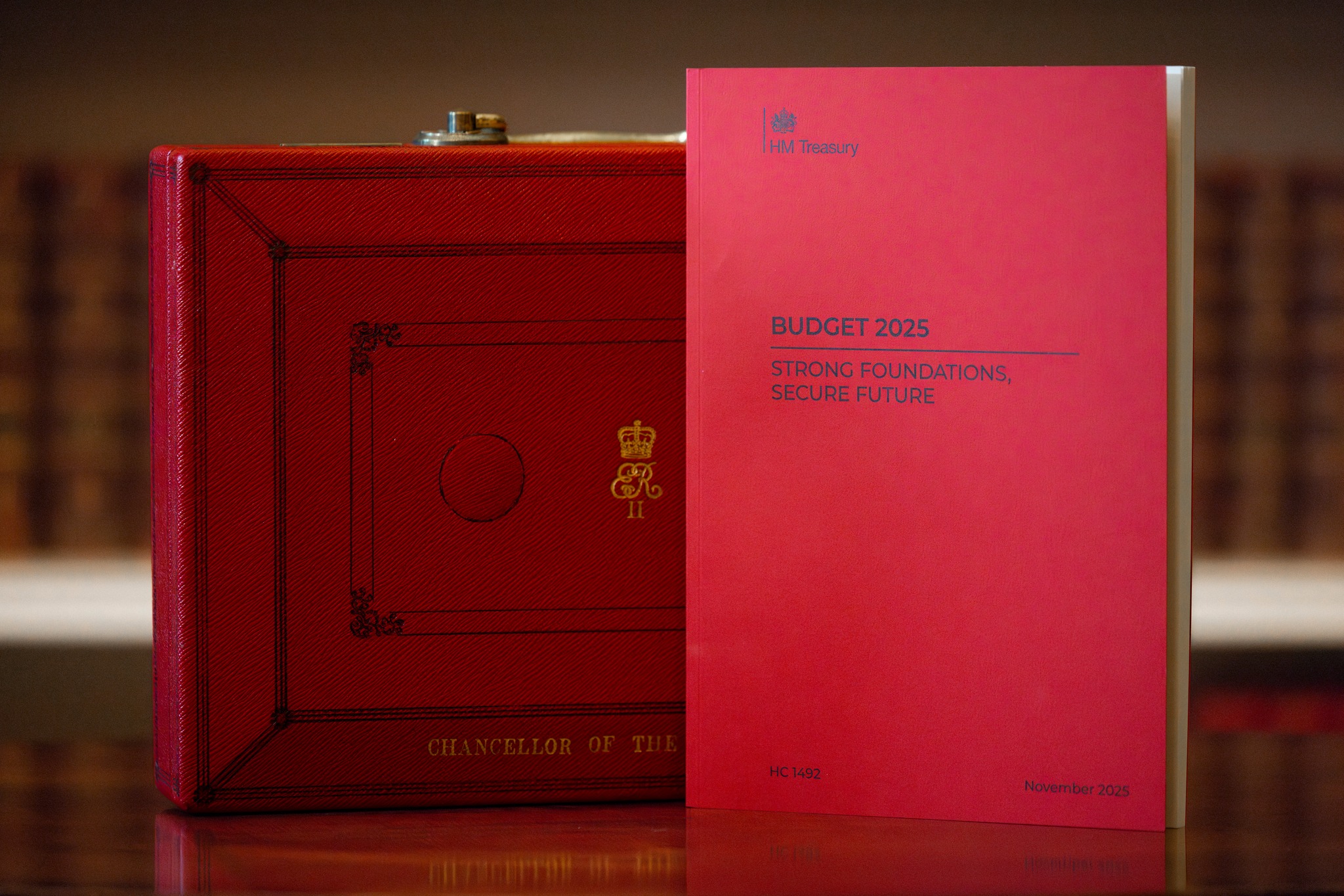Upcoming legislation on patent box in the UK

In today's article, we're exploring current and upcoming Patent Box legislation in the UK. The Patent Box tax regime was implemented for UK businesses in 2013, in a bid to encourage forward-thinking innovation. Put simply, it’s a tax incentive that allows eligible companies to apply additional deductions to their taxable profits linked to new innovations.
In today's article, we're exploring current and upcoming Patent Box legislation in the UK. The Patent Box tax regime was implemented for UK businesses in 2013, in a bid to encourage forward-thinking innovation. Put simply, it’s a tax incentive that allows eligible companies to apply additional deductions to their taxable profits linked to new innovations.
In effect, the Patent Box scheme allows qualifying companies to pay 10% corporation tax rates on qualifying profits, instead of 19% - or 18% for the year beginning 1st April 2020.In order for a company to be eligible for the Patent Box scheme, they must meet the following three criteria:
- The company must have a qualifying intellectual property (IP) right, including – patent(s) granted by the UK Intellectual Property Office or the EPO; patent(s) granted by at least one or more states in the European Economic Area (EEA); and additional IP rights in Europe.
- The company must hold an active qualifying IP right, either as an owner or an exclusive licensee.
- The company must be generating revenue linked to the IP right e.g. income from sales of patented products or services.
New Patent Box legislation will be applicable to all eligible companies from 2021
While the Patent Box regime was phased in over a four-year period, ensuring full corporation tax relief was available on qualifying profits by 2017, new Patent Box legislation was revealed in July 2016.The changes came after the Organisation for Economic Cooperation and Development (OECD) deemed the UK’s Patent Box regime a 'harmful tax practice'.
The UK government announced new legislation that came into force on 1st July 2016, delivering a 'modified nexus approach', limiting the amount of tax relief based on the extent to which the research and development (R&D) resulting in a new patented innovation was undertaken in the UK.
A cap of 30% on outsourced or overseas qualifying expenditure has thwarted many EU states and other countries from relocating their tax domicile to the UK in a bid to claim for the Patent Box scheme.
The amendments to the legislation are designed to ensure that Patent Box meets its original purpose – to encourage the development and innovation of new patented products or services exclusively in the UK.It’s important to note that the original Patent Box legislation from 2013 has been ‘grandfathered’ until 2021, providing qualifying companies were elected into Patent Box prior to 1st July 2016 and that any eligible IP also existed before this date.
Brexit and its impact on Patent Box legislation
Those wondering whether Brexit will affect the Patent Box regime in the UK should also be aware that this tax incentive was devised by the UK government and is not an EU law. Therefore, Brexit should have no impact on Patent Box legislation on exit day.
The opportunities of Brexit could allow the UK government to go further with their tax incentives, given that the UK is currently hamstrung from offering additional incentives given that UK tax reliefs are bound by restrictions from the European Commission and the EU’s laws on state aid.
It will be very much a case of ‘watch this space’ as to how the UK government approaches Patent Box in the months and years ahead. Greater incentives could certainly encourage multi-national companies to create long-term UK bases for their R&D operations post-Brexit and encourage heightened nationwide investment.
FAQs

Can we help your business?
Book a free consultation with our expert R&D funding advisors today. We specialise in helping innovative businesses like yours unlock millions in government funding, specifically allocated to fuel your innovation. Let us help your business access the support it deserves.









.svg)


